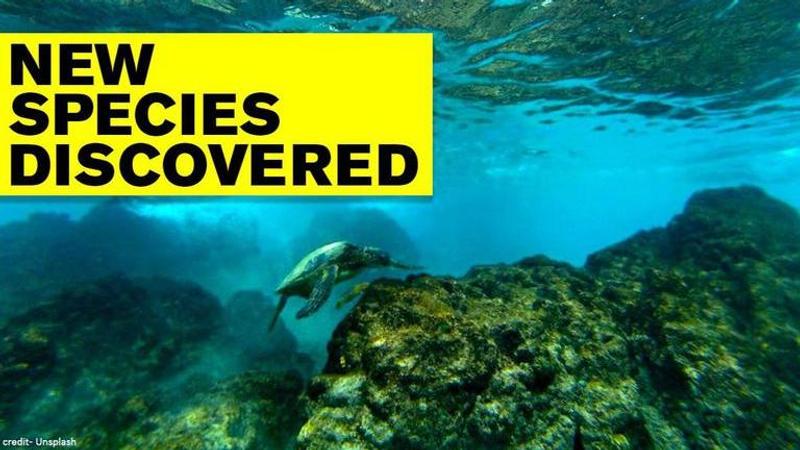Published 11:50 IST, August 18th 2020
Marine scientists discover 30 new species in deep water surrounding Galapagos
Ecuadorian archipelago's national park authorities on August 17 announced that an international team of marine scientists have discovered 30 new species.

Ecuadorian archipelago's national park authorities on August 17 announced that an international team of marine scientists have discovered 30 new species in deep water around the Galapagos. The Galapagos National Park reportedly said that the team has discovered fragile coral species including 10 bamboo corals, four octocorals, one brittle star and 11 sponges. Reports suggest that 4 new species of squat-lobsters have also been discovered.
Discovery of new species using Remote Operated Vehicles
According to reports, Charles Darwin Foundation said that the new discoveries include the first ever huge solitary soft coral known for the Tropical Eastern Pacific, a new genus of glass sponge that can grow in colonies of over one meter in width and colorful sea fans that can host a multitude of associated species. The team included scientists from the Charles Darwin Foundation, National Park Directorate and the Ocean Exploration Trust. Reports suggest that the team investigated deep in the sea at a depth of up to 3,400 metres using Remote Operated Vehicles. The two vehicles named, Argus and Hercules, were operated from the 64-metre exploration vessel Nautilus, which was also used in carrying out a similar deep sea investigation in 2015.
According to reports, CDF marine scientist Pelayo Salinas de Leon said that the untouched species are found within the Galapagos Marine Reserve and are protected from dangerous human practices like fishing and deep sea mining as it is their responsibility that the species remains safe for the generations to come. Nicole Raineault, chief scientist of the Ocean Exploration Trust reportedly said that the discoveries during this expedition show the importance of deep sea exploration. He added that ROVs are used by the scientists as they do not know what they are going to find. This helps them to communicate with the shipboard team and then determine what is worthy of further investigation or sampling.
(Image Credits: Unsplash)
Updated 11:50 IST, August 18th 2020




